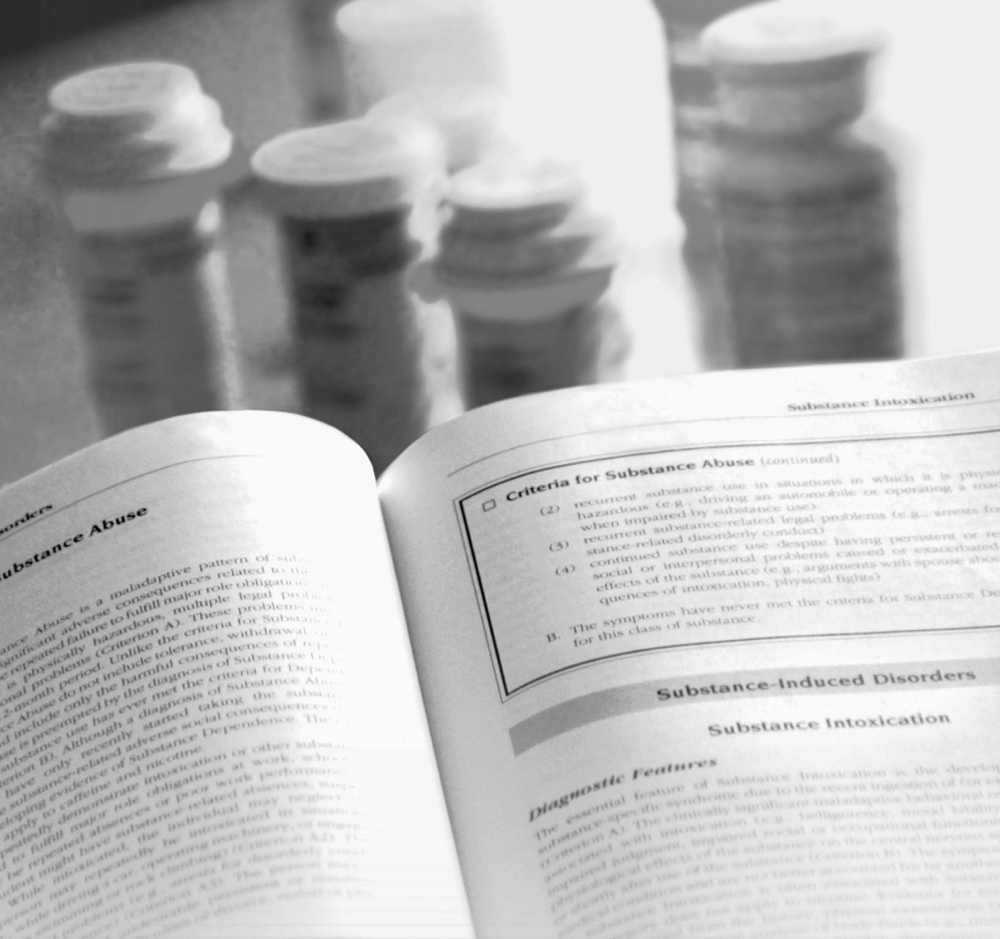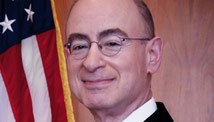For any mental illness or passing mood swing that may trouble a person, the Diagnostic and Statistical Manual of Mental Disorders — better known as the DSM — has a label and a code. Recurring bad dreams? That may be a Nightmare Disorder, or 307.47. Narcolepsy uses the same digits in a different order: 347.00. Fancy feather ticklers? That sounds like Fetishism, or 302.81. Then there’s the ultimate catch-all for vague sadness or uneasiness, General Anxiety Disorder, or 300.02. That’s a label almost everyone can lay claim to.Drug companies are particularly eager to win over faculty psychiatrists at prestigious academic medical centers. Called “key opinion leaders” (KOLs) by the industry, these are the people who through their writing and teaching influence how mental illness will be diagnosed and treated. They also publish much of the clinical research on drugs and, most importantly, largely determine the content of the DSM. In a sense, they are the best sales force the industry could have, and are worth every cent spent on them. Of the 170 contributors to the current version of the DSM (the DSM-IV-TR), almost all of whom would be described as KOLs, ninety-five had financial ties to drug companies, including all of the contributors to the sections on mood disorders and schizophrenia.





